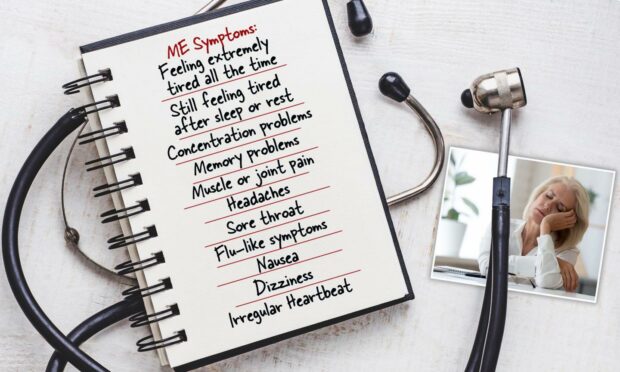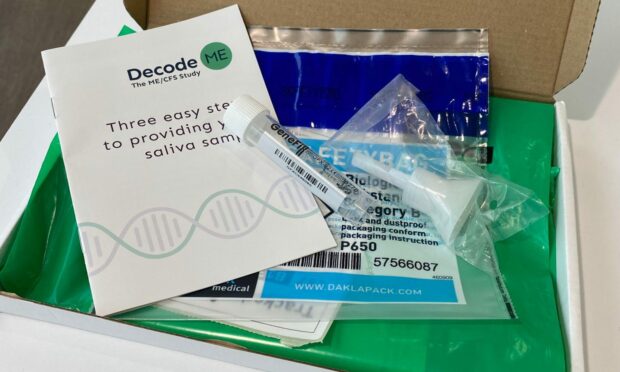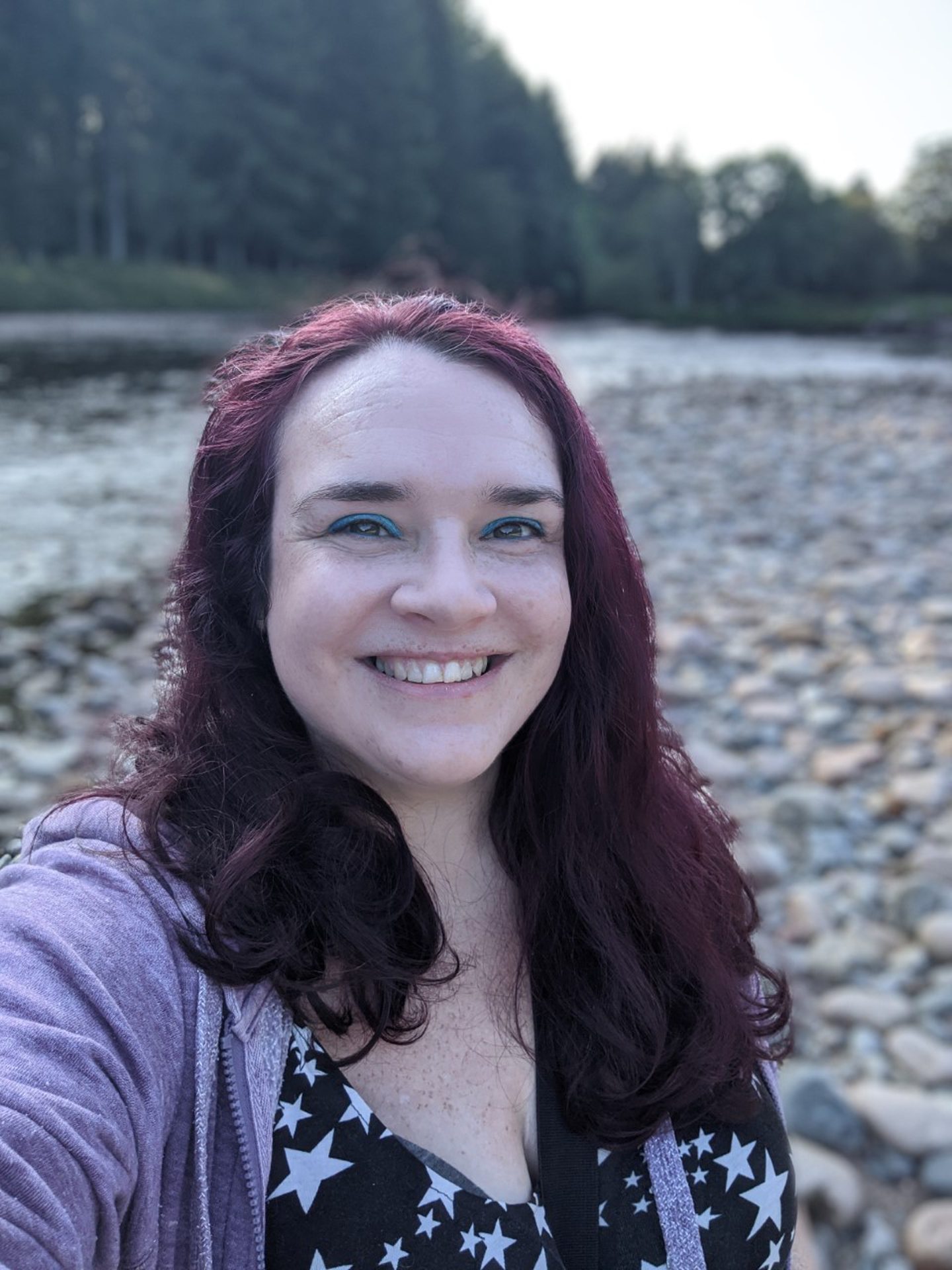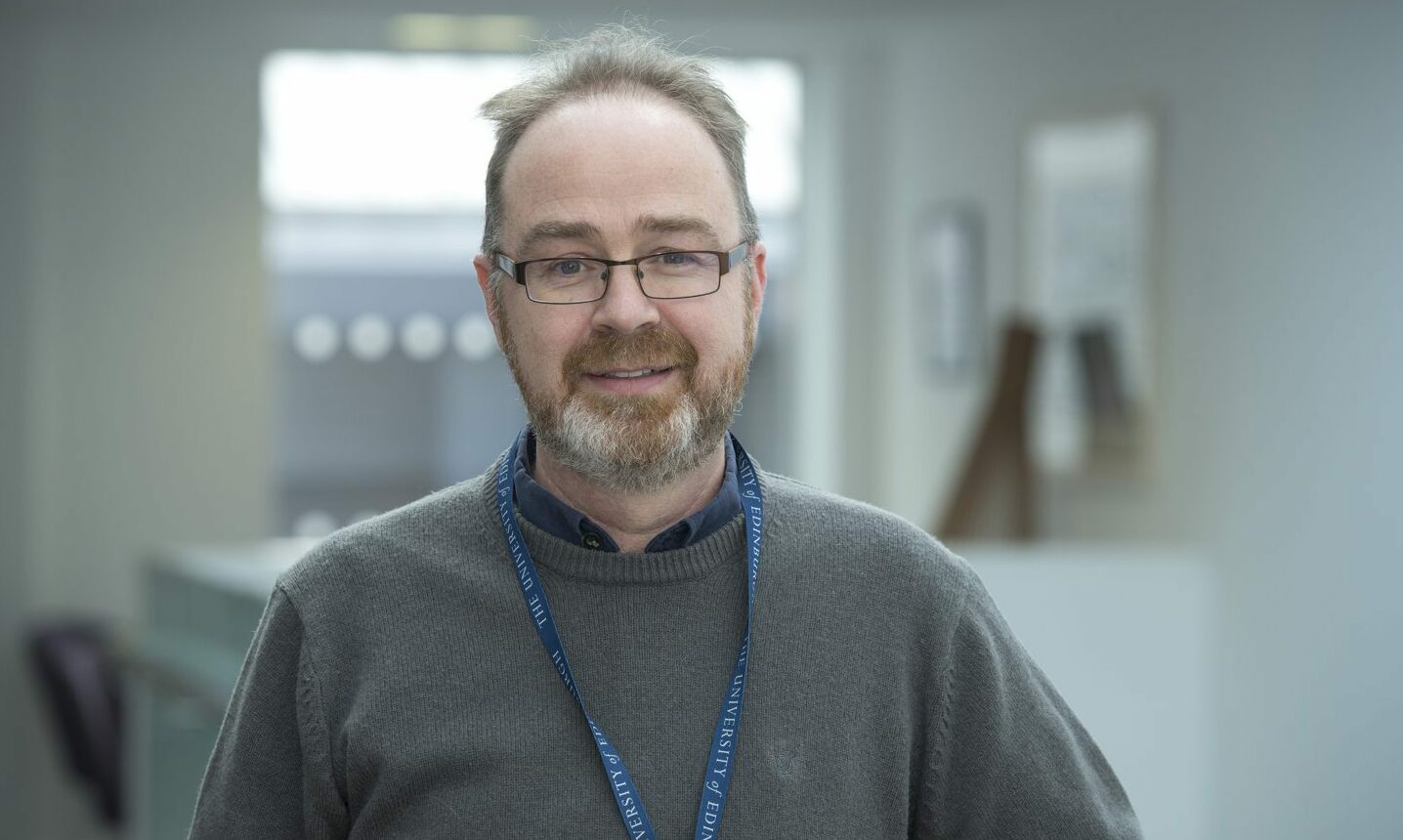An Aberdeen woman says the launch of the world’s largest genetic study into ME and chronic fatigue syndrome could change the lives of thousands.
The disease affects more than 20,000 Scots, and 250,000 people across the UK, leaving them with pain, brain fog and extreme exhaustion that doesn’t improve with rest.
Despite its prevalence, there’s no definitive test for diagnosis or any effective treatments.
And researchers are now trying to recruit thousands for a study that could pave the way for change.
What will the DecodeME study show?
Genetics experts hope the DecodeME study will show if ME/CFS is partly genetic.
This would provide clues to its cause and help in the search for treatment.
From midday on September 12, they’ll start searching for 20,000 people to take part – asking them to spit in a tube and mail it off.
The DNA of these samples will then be checked to see if there are any specific genes or molecules they have in common.
Research was focused on proving it ‘doesn’t exist’
Fiona Robertson, of Aberdeen, fell ill with “post-viral fatigue syndrome” while studying at university 22 years ago.
She had to leave her course, and has never been able to undertake anything other than part-time work since.
“Even on my best days I have a lot of pain and I have to be careful with my activity,” she said.
“Everything has a cost, and I have to decide if the recovery time and worsened symptoms are worth the risk.
“On bad days, I either barely wake up at all or am in so much pain I can’t function.”
Fiona’s main symptoms include pain, brain fog and exhaustion – but she’s also been left with issues in her gut, immune system and balance.

She added: “For most of my life, research has been focused on proving ME/CFS doesn’t exist or on dangerous ‘treatments’ known to cause more damage.
“Other major conditions were once treated the same, until the biomarkers were found.
“If a genetic marker or cause is discovered, it has the potential to make a big difference.”
Project could give insight into Covid
The study, being led by Edinburgh University and a number of charities, could also provide key insights into coronavirus.
A post-Covid arm of the project has been created to analyse the DNA of a further 5,000 people diagnosed with ME/CFS after catching the disease.
Additionally, participants are being asked to complete an anonymous questionnaire to give health experts an understanding of what it’s like to live with the condition.
Chris Ponting, who was involved in the Human Genome Project, heads up the team which will lead the scientific analysis of the findings.
He said studies like this have already found success with research into type 2 diabetes and Alzheimer’s disease.
Prof Ponting added: This is the first sizable DNA study of ME/CFS, and any differences we find compared to control samples will serve as important biological clues.”
Charities Action for ME and the Forward ME alliance are also involved in the project, which has been hailed as “setting a new standard for health research”.
Individuals with ME/CFS who are in the UK and over 16 years old can sign up at the DecodeME website from 12pm on Monday, September 2022.




Conversation